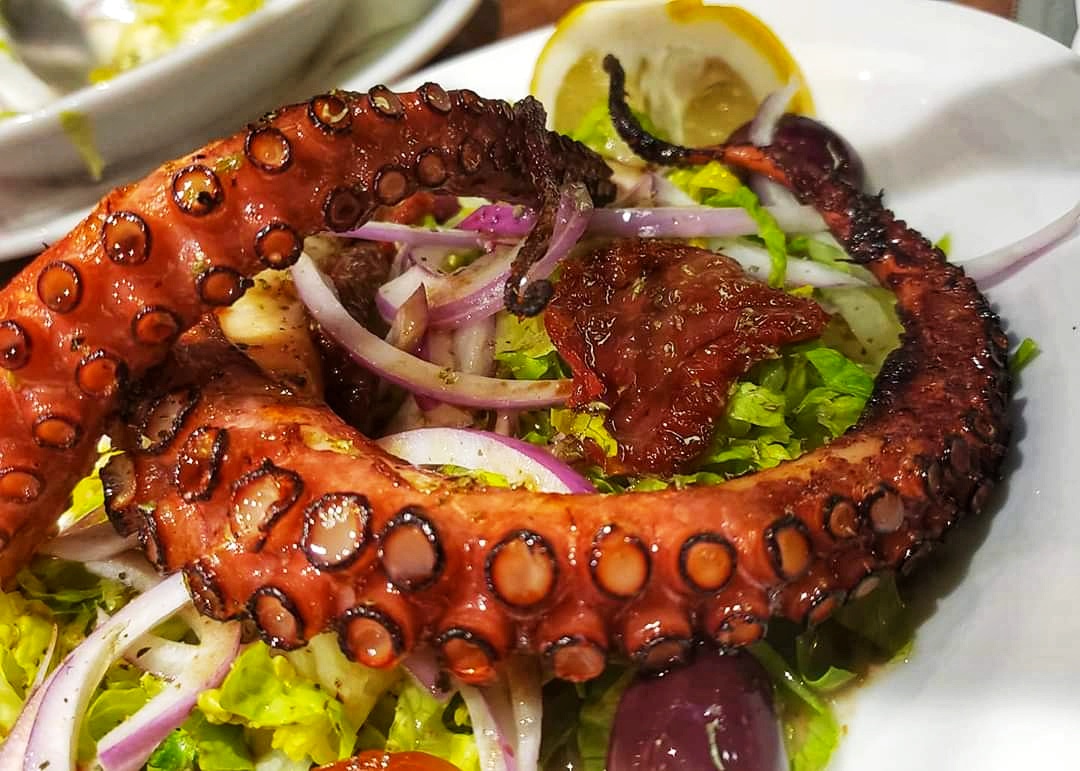Imagine indulging in your favorite cuisine, only to find yourself in a health predicament. As unbelievable as it may sound, a real incident of this nature recently unfolded in Singapore.
Doctors at Tan Tock Seng Hospital in Singapore were left astounded when they made a peculiar finding during a recent medical procedure. A 55-year-old man sought medical attention after experiencing difficulty swallowing following a meal that included an octopus. To their surprise, the doctors discovered an eight-legged octopus trapped in the patient’s oesophagus, causing significant discomfort.
Advertisement
Upon arrival at the hospital, the patient reported vomiting and persistent difficulty in swallowing. A CT scan conducted by medical professionals revealed the presence of the dense creature lodged in the man’s oesophagus, near the border with the stomach, as reported by the New York Post. Acting swiftly, the doctors performed an esophagogastroduodenoscopy, a gastrointestinal examination using a flexible tube, to assess the situation.
After multiple unsuccessful attempts to remove the octopus manually, the medical team skillfully maneuvered an endoscope past the creature, allowing for its safe extraction. Employing forceps, they carefully grasped the octopus’s head and gently pulled it free from the man’s throat. Fortunately, the procedure was successful, and the patient’s condition improved significantly. Two days later, he was discharged from the hospital, fully recovered.
Food obstructions, such as this case, are not uncommon in medical facilities, including Tan Tock Seng Hospital. Doctors noted that around 10 to 20 percent of cases require endoscopic intervention, with a mere 1 percent necessitating surgical intervention. While the “push technique” is typically employed with high success rates, caution is necessary to avoid any potential complications such as oesophageal perforation.
This incident serves as a reminder of the potential risks associated with certain food items, particularly live octopus dishes. In a previous case in Kansas, United States, a 2-year-old boy required hospitalization after an octopus became lodged in his throat during a sushi meal. In South Korea, where live octopus dishes are considered a delicacy, several fatalities occur each year due to the suckers attaching to the throat and causing asphyxiation.
The medical team at Tan Tock Seng Hospital hopes that this unusual case raises awareness about the importance of caution when consuming certain foods and emphasizes the need for prompt medical attention in case of any discomfort or obstruction in the throat or oesophagus.










